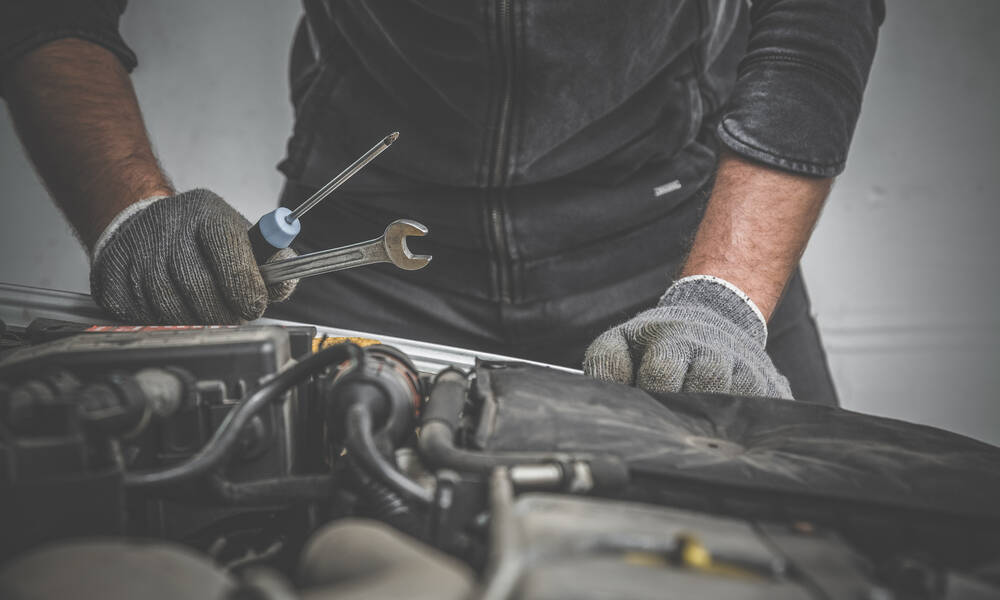
Years After Success, Massachusetts Right to Repair Coalition Re-Forms to Close Loophole
The Right to Repair Coalition, a group of auto repair firms that successfully pushed through a ballot measure more than six years ago, has re-formed as a result of changes to the way vehicles are made—with the goal of ensuring the right to repair doesn’t get lost in the shuffle.
More than six years ago, a coalition of Massachusetts auto repair shops successfully made the case, both through the state legislature and at the ballot box, to protect the rights of vehicle owners and repair facilities to repair their own vehicles.
But the passage of time has exposed a loophole—and as a result, the Right to Repair Coalition is back at it. The coalition says that when the 2012 ballot initiative and a later law passed, it was targeted at allowing access to plug-in ports on vehicles. However, most new vehicles do not have those ports, and instead use wireless connections—connections auto repairers don’t have access to.
With that in mind, the coalition re-formed last year and is launching a new round of advertising in support of an update to the law. According to the Boston Business Journal, the coalition is spending $100,000 on multiple outlets, including radio stations and digital platforms.
Check out our latest video about Right to Repair, and an interview with a local repair shop. https://t.co/GGETFDpjg6 #mapoli
— Right To Repair MA (@RightToRepairMA) January 24, 2019
In comments to the Journal, auto repair shop owner Barry Steinberg stated that the law was important, as it protected consumers.
“The Right to Repair law must be updated because automakers are starting to use the next generation of wireless technology to get around our law, shut out independent repair shops, and cost car owners more money,” Steinberg said. “Car owners can comparison shop to save money on repairs, knowing that all repairers can access the data they need to fix the car. Our law needs to keep up with these new technologies that are coming on-line in new car and truck models.”
Legislative support has already started to pick up in favor of updating the law, with proposed bills requiring that cars sold after 2022 include a system that makes it possible for consumers and repair shops to access diagnostic information through a mobile app.
And, based on prior efforts, public support is pretty strongly on auto repairers’ side—back in 2012, the ballot measure got a beefy 86 percent support.
(FotoDuets/iStock/Getty Images Plus)






Comments